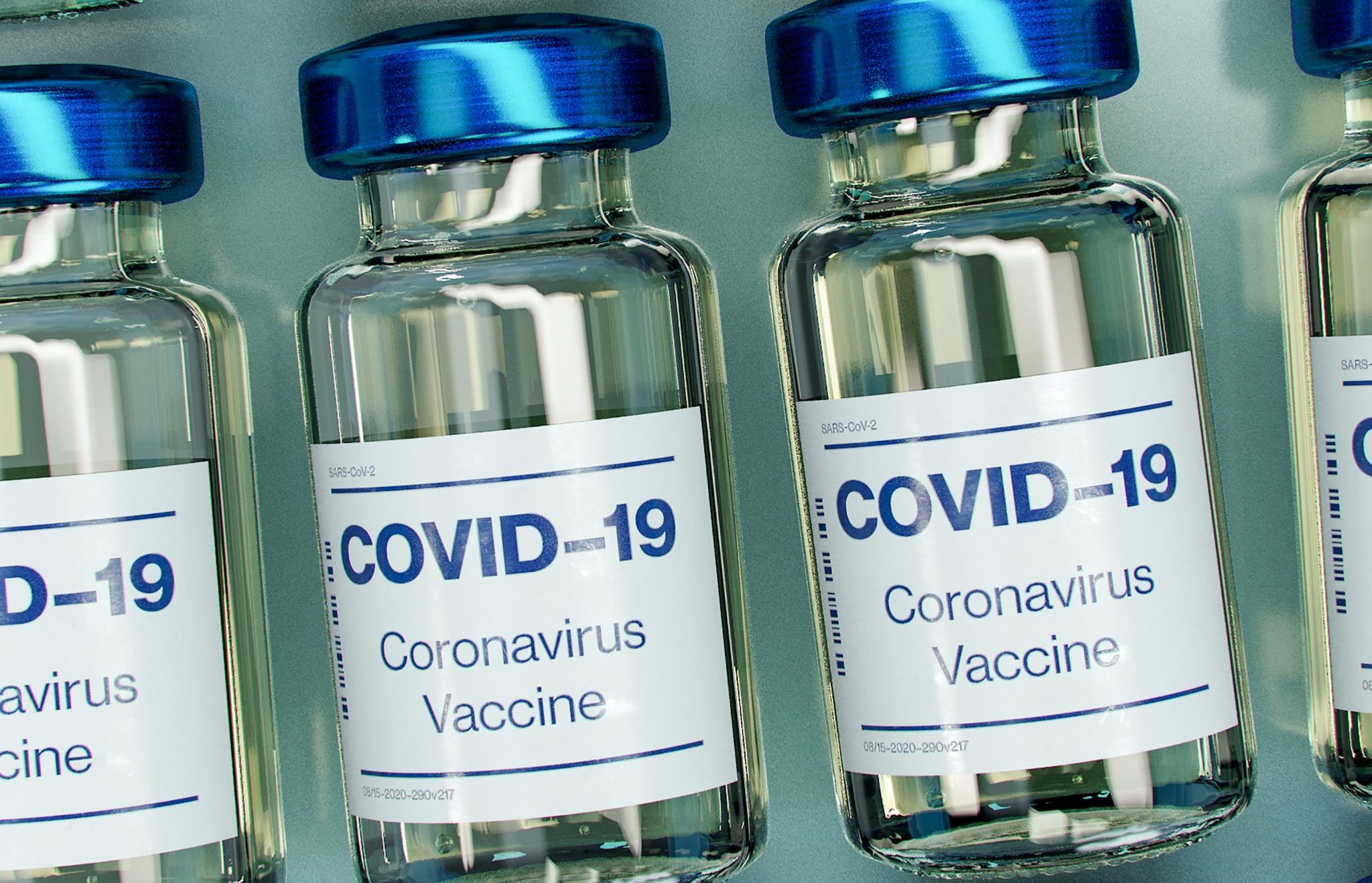
Since the World Health Organization (WHO) declared the novel coronavirus a pandemic on March 11th, 2020, drug makers have raced against the clock to curb the amount of casualties from the virus.
As of November 25th, the death toll from COVID-19 has reached 1,420,634 worldwide. The majority of the casualties come from the U.S. at 266,584, followed by Brazil at 170,199, and India at 135,165.
With all the pressure to produce a cure, big Pharma has begun mass testings for COVID-19 vaccines before they’re available to the public.
Big Pharma Competes for a Cure
Moderna, a biotech company based in Massachusetts, has conducted a vaccine trail. The trial involved 30,000 people, according to a BBC report on the study. Half of the trial’s participants received two doses of the vaccine about four weeks apart.
Overall, BBC reported, Moderna’s vaccine — which is not yet publicly available — shows 94.5% protection.
Officials expect that vulnerable populations — including older Americans — will get the vaccine first. Approximately 20 million doses will be available in the U.S. in the coming weeks.

The British government, however, hopes to ensure access to Moderna’s vaccine by spring of 2021, according to Sky News.
Sky News also reported that the vaccine lasts up to 30 days in household fridges, or at a room temperature for up to 12 hours.
Other exciting news came from New York-based pharmaceutical company, Pfizer.
Pfizer announced that its vaccine — BNT162b2 — is shown to be “95% effective against COVID-19.”
Pzifer said it will produce 50 million doses in 2020, and another 1.3 billion by the end of 2021. Soon, the company will share its data with the Food and Drug Administration (FDA) and other regulatory agencies around the globe.
Also, in collaboration with AstraZeneca plc, the University of Oxford, U.K., announced Phase III trials for its vaccine, ChAdOx1 nCoV-2019. The university staid the vaccine is “effective at preventing COVID-19 (SARS-CoV-2) and offers a high level of protection.”
They further announced that the vaccine is, on average, 70% effective.

The Vaccine’s Potential Side Effects
Although there’s hope, Dr. Sandra Fryhofer of the American Medical Association told CNBC that COVID-19 vaccines won’t be “a walk in the park.”
Moderna and Pfizer both acknowledge that their vaccine could have side effects similar to mild symptoms associated with the virus, such as muscle pain, chills and headaches, CNBC reported.
Participants of the Moderna and Pfizer vaccine trials told CNBC in September that they experienced high fevers, body aches, bad headaches, day-long exhaustion and other symptoms after receiving the shots.
CNBC reported of a woman in her 50s who took part in the Moderna study. The woman said that although she didn’t experience a fever, she experienced a bad migraine for a day. But she said she woke up the next day feeling better.
Access for Developing Countries
Despite official approval, some countries are purchasing the vaccine in advance.
For instance, the BBC reported that Indonesia is partnering with Chinese vaccine developers, while Brazil is partnering with the University of Oxford and AstraZeneca.
Andrea Taylor, a Duke University analysis, told the publication, “we’re heading into a scenario where the rich countries will have vaccines and the poorer countries are unlikely to have access.”

Rachel Silverman, a policy analyst at the Center for Global Development, explained to the BBC that there is little likelihood that the vaccines will get through low and middle income countries. She said that the most promising vaccines “are largely covered by advanced purchase agreements, mostly from wealthy countries.”
Also, due to remote conditions and limited electricity, poorer countries might have trouble meeting the cold storage requirements necessary for the vaccine.
With this in mind, some world leaders, like Germany’s Chancellor, Angela Merkel, have urged leaders to promise fair distribution of the vaccines.
According to NPR, during a G20 Global Summit on November 22nd, Markel emphasized that the progress of creating a distribution system for developing nations has been slow.
“… I am somewhat worried that nothing has been done on that yet,” she said.
For now, Pfizer has applied for an emergency use authorization from the FDA and is expected to be reviewed in an advisory meeting in early December for potential authorization in the U.S. Within a month, some Americans could get their first dose of the vaccine.
Written by: Laura Arman




Leave a Reply